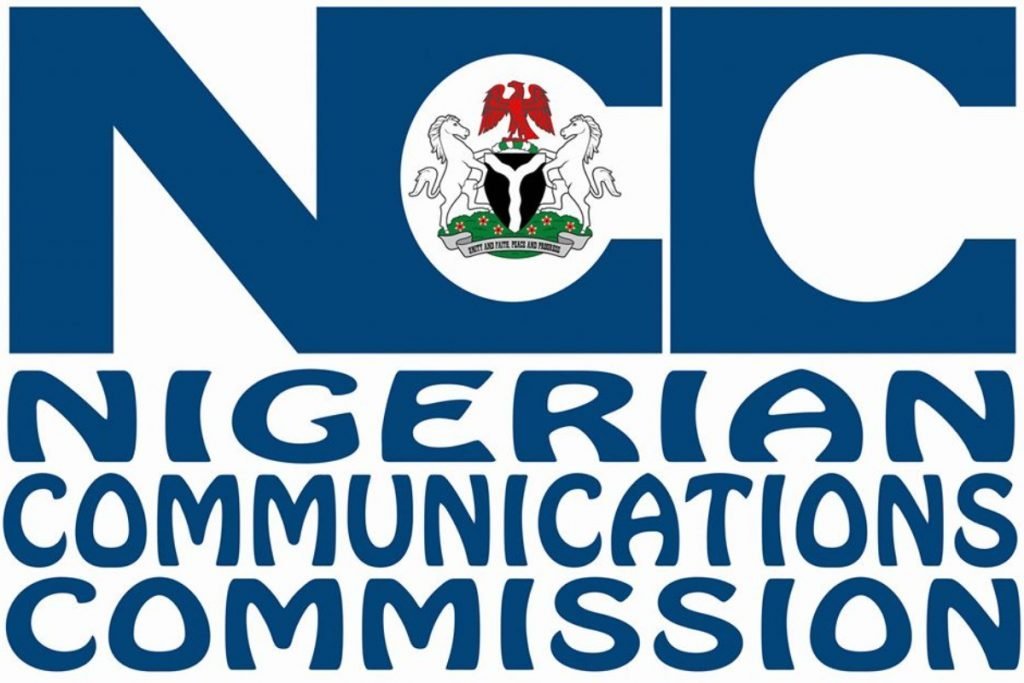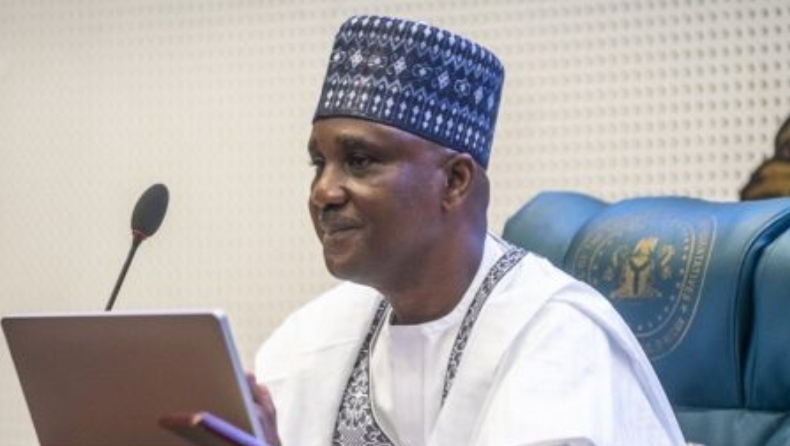The Nigerian Communications Commission (NCC) says it has monitored with keen interest the deluge of reports in the media on the demand by Mobile Network Operators (MNOs) to increase tariffs of telecom services and has taken notes of the fears being expressed by telecom subscribers on the agitation.
The demand being made by MNOs under the auspices of the Association of Licensed Telecommunications Operators of Nigeria (ALTON), citing high cost of running their operations as the major reason for their proposed tariff hike, is contained in a letter to the Commission.
The NCC said it ensures its regulatory activities are guided by regular cost-based and empirical studies to determine appropriate cost (upper and floor price) within which service providers are allowed to charge their subscribers for services delivered.
In a statement signed by Dr. Ikechukwu Adinde, its Director of Public Affairs, the commission said it ensures that any cost determined, as an outcome of such transparent studies, is fair enough as to enhance healthy competition among operators, provide wider choices for the subscribers as well as ensure sustainability of the Nigerian telecoms industry.
No tariff increase will be effected by the operators without due regulatory approval by the Commission.
Tariff regulations and determinations are made by the Commission in line with the provisions of Sections 4, 90 and 92 of the Nigerian Communications Act (NCA) 2003, which entrusts the Commission with the protection and promotion of the interests of subscribers against unfair practices including but not limited to; matters relating to tariffs and charges.
The current tariff regime being administered by the service providers is a product of NCC’s determination both for voice and SMS in the past.
However, while there could be justifiable reasons for MNOs’ demand for tariff increase, it should be noted that they are not allowed to do such either individually or collectively without recourse to the NCC, following the outcome of a cost study.
Through NCC’s commitment to engendering healthy competition among the licensees, the cost of services has been democratised and become more and more affordable for Nigerian subscribers. The regulator is even more committed to this cause to ensure subscribers get greater value for money spent on telecom services.





